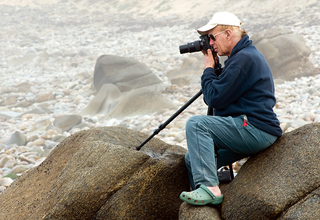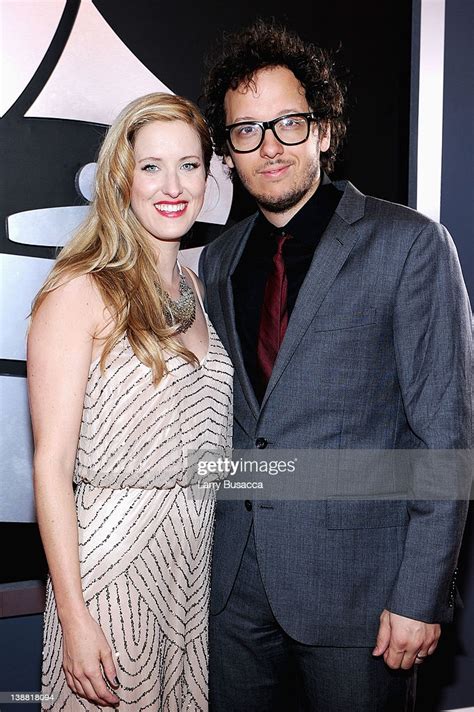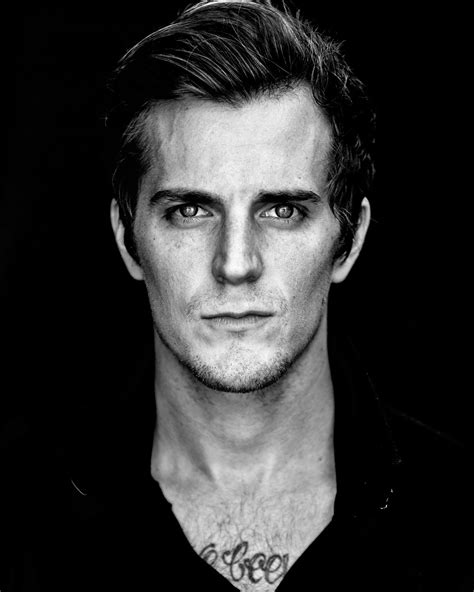A Quote by Karen Armstrong
Like art, religion is an imaginative and creative effort to find a meaning and value in human life.
Related Quotes
The whole life-effort of man is to get his life into direct contact with the elemental life of the cosmos, mountain life, cloud life, thunder life, air life, earth life, sun life. To come into immediate felt contact, and so derive energy, power and a dark sort of joy. This effort into sheer naked contact, without an intermediary or mediator is the root meaning of religion.
Life in itself has no meaning. Life is an opportunity to create meaning. Meaning has not to be discovered; it has to be created. You will find meaning only if you create it. It is not lying there somewhere behind the bushes, so you can go and you search a little bit and find it. It is not there like a rock that you will find. It is a poetry to be composed, it is a song to be sung, it is a dance to be danced.
In vain do science and philosophy pose as the arbiters of the human mind, of which they are in fact only the servants. Religion has provided a conception of life, and science travels in the beaten path. Religion reveals the meaning of life, and science only applies this meaning to the course of circumstances.
We define religion as the assumption that life has meaning. Religion, or lack of it, is shown not in some intellectual or verbal formulations but in one's total orientation to life. Religion is whatever the individual takes to be his ultimate concern. One's religious attitude is to be found at that point where he has a conviction that there are values in human existence worth living and dying for.
The religion of art, like the religion of politics, was born from the ruins of Christianity. Art inherited from the old religion the power of consecrating things and endowing them with a sort of eternity; museums are our temples, and the objects displayed in them are beyond history. Politics--or more precisely, Revolution--co-opted the other function of religion: changing human beings and society. Art was an asceticism, a spiritual heroism; Revolution was the construction of a universal church.
Art matters. It is not simply a leisure activity for the privileged or a hobby for the eccentric. It is a practical good for the world. The work of the artist is an expression of hope - it is homage to the value of human life, and it is vital to society. Art is a sacred expression of human creativity that shares the same ontological ground as all human work. Art, along with all work is the ordering of creation toward the intention of the creator.
As Carol Dweck says, “Effort is one of the things that gives meaning to life. Effort means you care about something, that something is important to you and you are willing to work for it. It would be an impoverished existence if you were not willing to value things and commit yourself to working toward them.
Music, and art for that matter, to me is not about true meaning to anyone else but yourself. If I told you the meaning of it all from my point of view it would erase the intimacy of art. I feel like art is up for interpretation, so if I told you my meaning, how could you truly relate it to anything that “you” personally are going through?? That is the beauty of art and music in particular





































